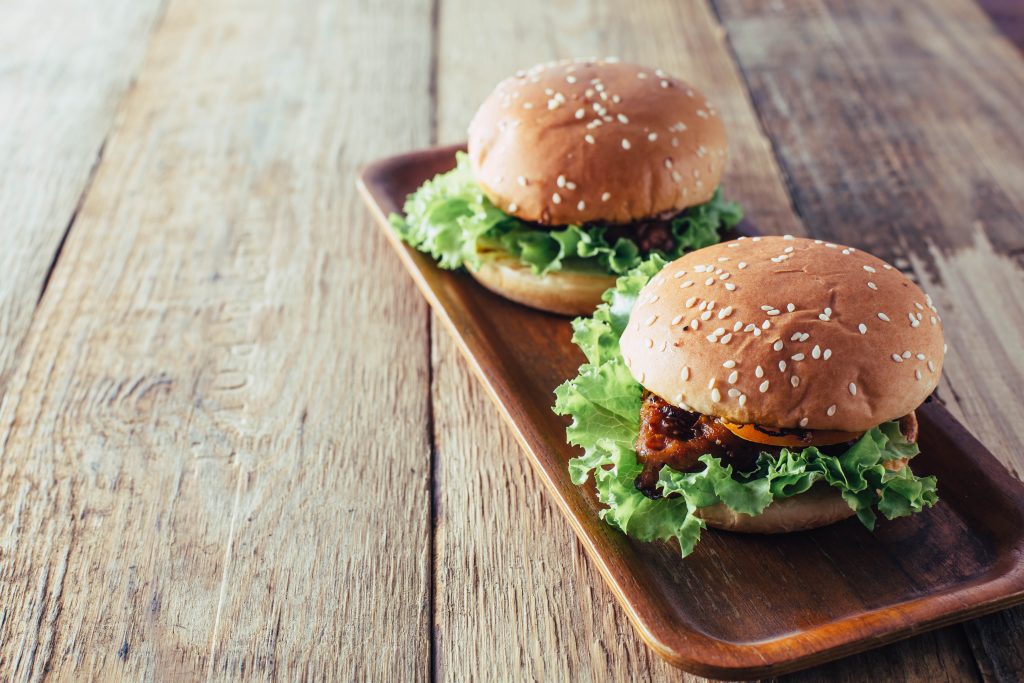According to a recent announcement, VTB Bank and the Burger King restaurant chain have implemented the ability to pay for orders in restaurants using QR codes through the Bank of Russia’s quick payment system. The adoption of this technology allows Burger King customers to pay for their orders using this new contactless payment method.
QR codes are certainly not a new technology and are becoming an increasingly common payment type. Alexander Botsiev, Head of Settlement Sales and Passive Products in the Transactional Business Department, senior Vice President of VTB Bank, commented on the announcement:
“We are seeing the growing popularity of non-cash payments and increasingly that means using smartphones. This change is due not only to the current situation, but also to the convenience of these payment methods. Customers always choose the most convenient method of payment, and the new solution using the quick payment system meets all the requirements, because it is clear, convenient for customers and significantly saves time on making payments. The latter is particularly relevant for the Burger King restaurant chain.”
Russia is not the only country getting into the QR code game. In fact, according to a recent article by Mercator Advisory Group’s Sarah Grotta, “PayPal announced that they will begin to offer this type of solution in many countries, including the U.S. Not only will this enable more merchants to accept non-cash payments, but it has the added benefit of creating a contact-free exchange between merchants and consumers which is certainly on everyone’s mind these days.”
In addition, Mercator’s Pete Reville explained in a recent article that, “Across the globe, many in the payments industry are looking to QR codes as a way to increase financial inclusion and to make electronic payments easier for both the consumer and the merchants. To that end, the Payments Council of India (PCI) has come out with a list of recommendations to grow the use of QR codes in India.”
While QR codes do provide a convenience factor, they –like other payment form factors –are subjectable to fraud. According to a recent article by Tim Sloane, “Mercator conducted global adoption research of QR codes for a large payments industry leader and published” QR Code Developments May Disrupt the Disrupters”, which highlights that the existing payments infrastructure has a key role to play in tamping down fraud.”
The QR code implementation with Burger King with other merchants is certainly a very interesting form factor given the current mindset of consumers, who are being conscious at a payment level to adopt methods that remove physical contact from the payment process. While this was clearly triggered by the COVID-19 pandemic, it looks as though it might be a method that is here to stay long after the pandemic is gone.
Dmitry Medovoy, CEO of Burger King Russia, said:
“Our priority at this time is to make as many of our services as possible even safer for our guests. We have already launched a mobile app with the “order and pick up” function, contactless home delivery, and significantly strengthened disinfection measures in restaurants. And today we are happy to announce the launch of a new payment service that allows you to pay for an order at Burger king using a QR code. With this feature, our guests will be able to avoid unnecessary contact when paying for their food.”
